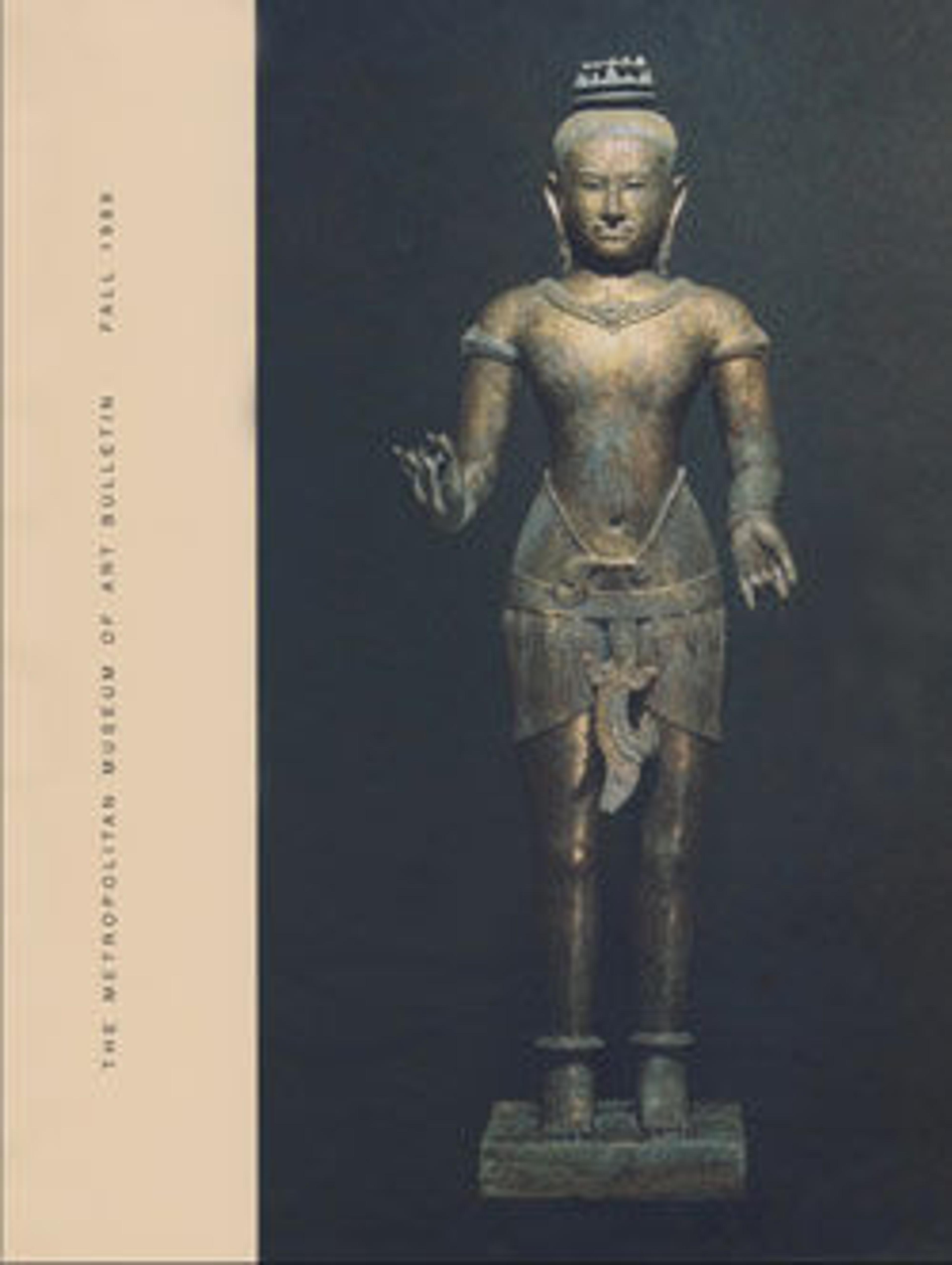Landscapes
All his life Dai pursued a dry, softly textured style, creating evocative images of Daoist reclusion and high-minded self-cultivation. This album, one of the finest examples of Dai’s art, is stylistically datable to his late maturity, circa 1690. In traditional fashion, the album concludes with a snowscape. Dai’s final words on that leaf makes it clear that the intent of his painting is self-expression as well as representation.
I clean my inkstone not just to paint,
But to reveal the images in my mind.
I clean my inkstone not just to paint,
But to reveal the images in my mind.
Artwork Details
- 清 戴本孝 山水圖 冊
- Title: Landscapes
- Artist: Dai Benxiao (Chinese, 1621–1693)
- Period: Qing dynasty (1644–1911)
- Date: late 17th century
- Culture: China
- Medium: Album of twelve leaves; ink on paper
- Dimensions: Each: 8 7/16 × 6 9/16 in. (21.4 × 16.7 cm)
- Classification: Paintings
- Credit Line: Purchase, The Dillon Fund Gift, 1989
- Object Number: 1989.142a–l
- Curatorial Department: Asian Art
More Artwork
Research Resources
The Met provides unparalleled resources for research and welcomes an international community of students and scholars. The Met's Open Access API is where creators and researchers can connect to the The Met collection. Open Access data and public domain images are available for unrestricted commercial and noncommercial use without permission or fee.
To request images under copyright and other restrictions, please use this Image Request form.
Feedback
We continue to research and examine historical and cultural context for objects in The Met collection. If you have comments or questions about this object record, please contact us using the form below. The Museum looks forward to receiving your comments.
